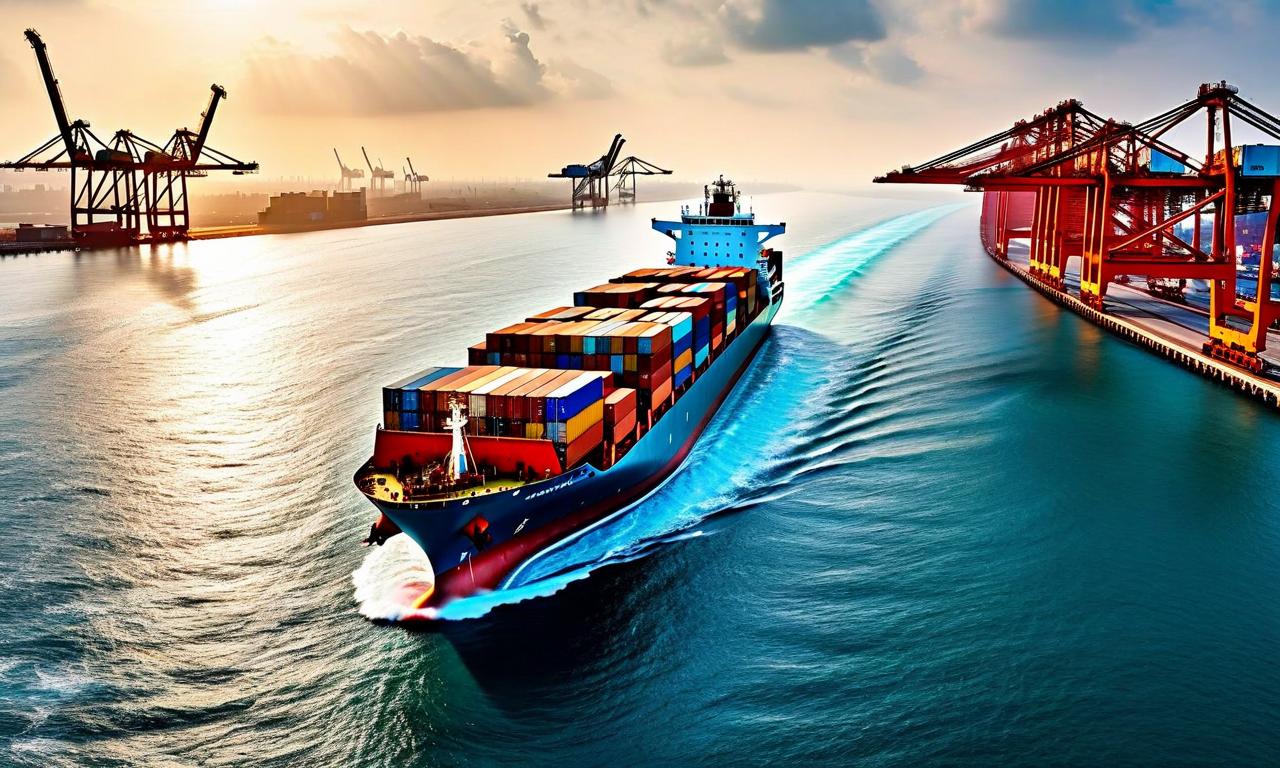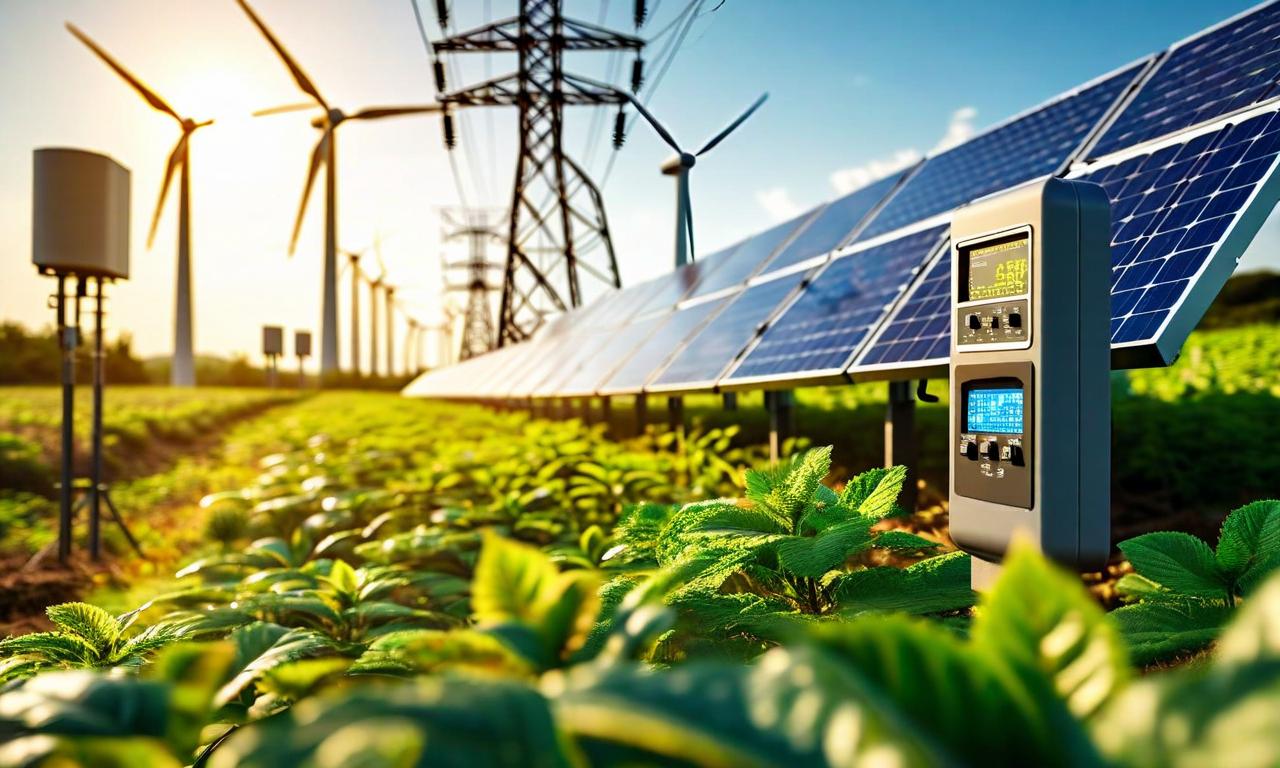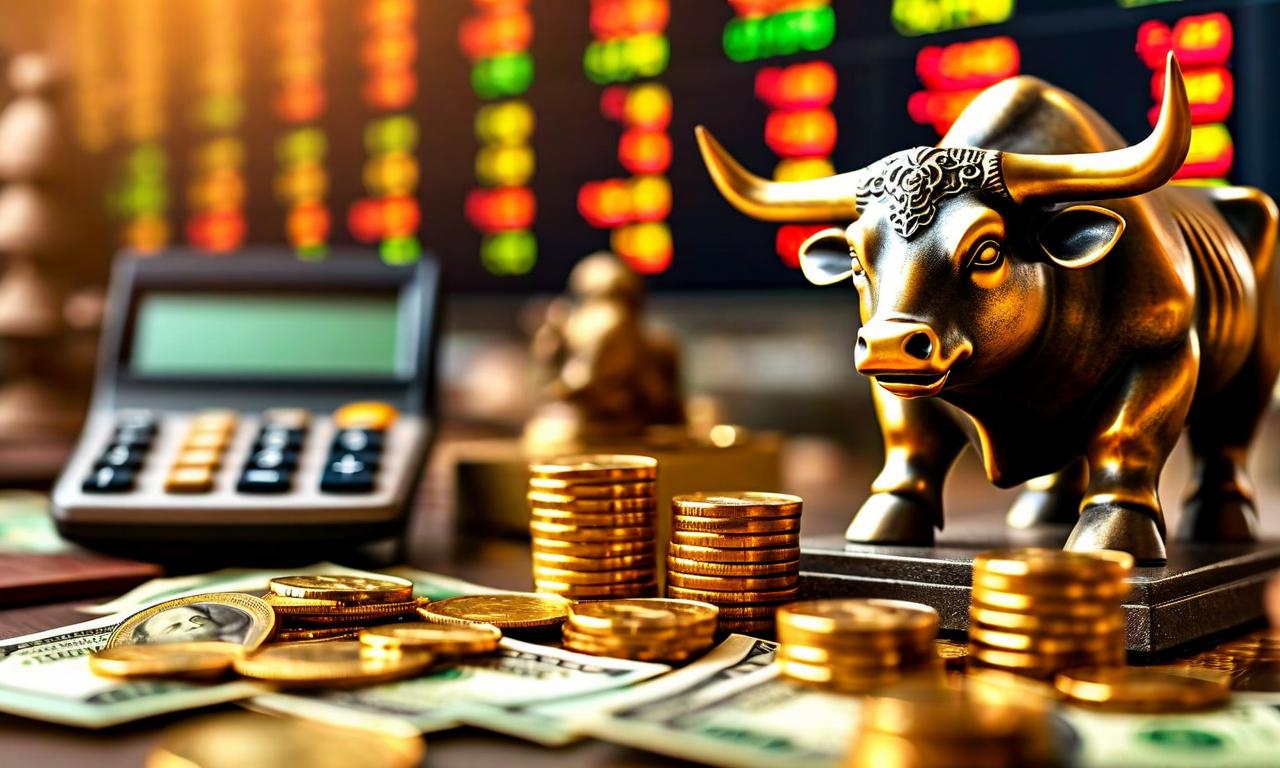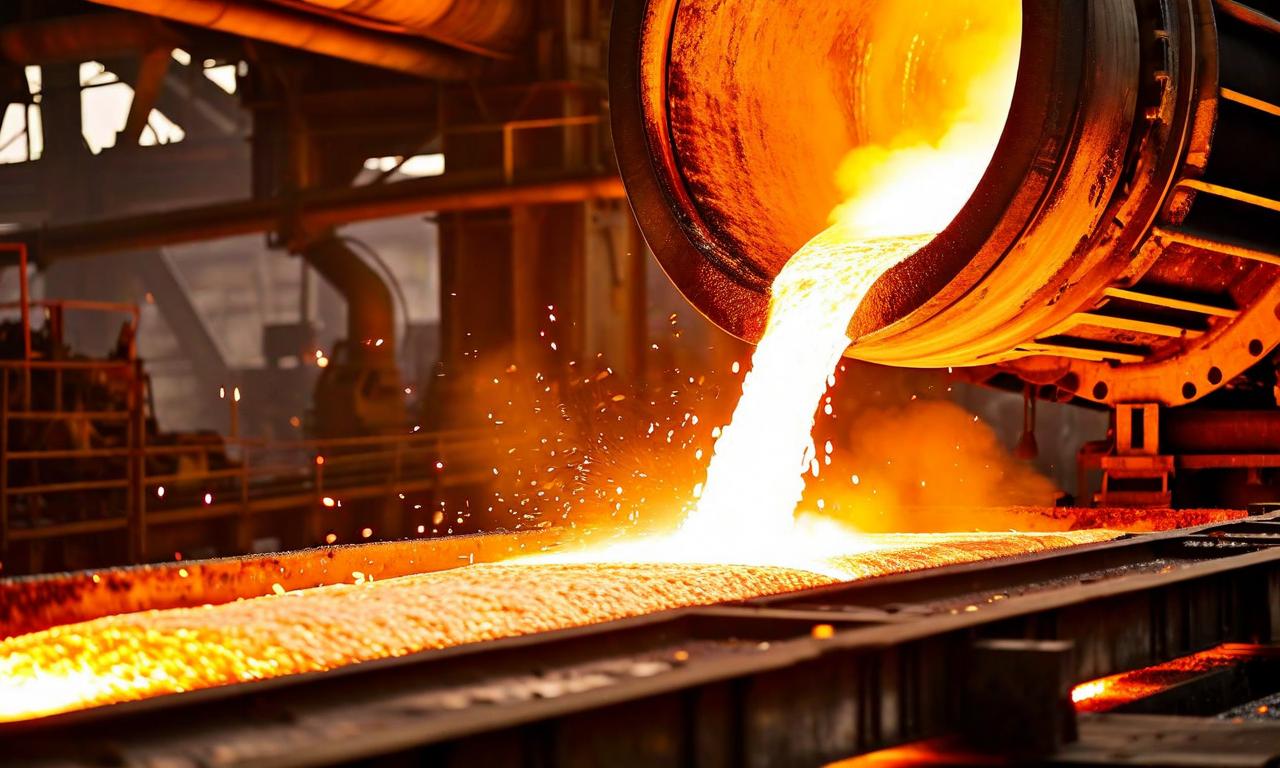Finnish PM Backs Europe's Stance on Russian Energy Imports
Finnish Prime Minister Alexander Stubb has endorsed Europe's policy of avoiding Russian oil and gas purchases. Stubb described the decision as 'correct,' aligning with Europe's strategy to reduce dependence on Russian energy sources. This stance highlights Europe's focus on energy security, geopolitical unity, and the prioritization of long-term strategic goals over potential short-term challenges in energy procurement. Finland's position, given its proximity to Russia, underscores the shifting dynamics in European energy politics and the continent's commitment to energy independence.
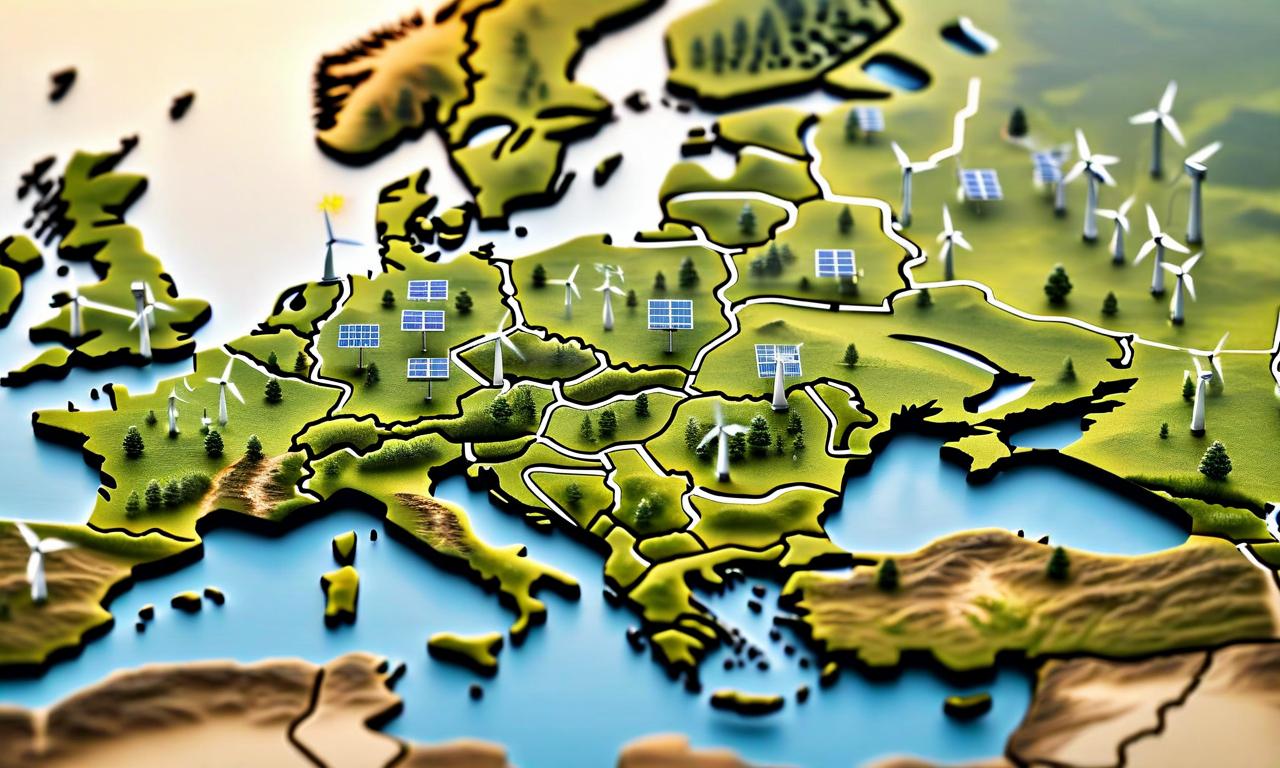
*this image is generated using AI for illustrative purposes only.
Finnish Prime Minister Alexander Stubb has expressed support for Europe's policy of avoiding Russian oil and gas purchases, reinforcing the continent's stance on energy independence and geopolitical alignment.
European Energy Policy Shift
Prime Minister Stubb stated that Europe's decision to avoid purchasing Russian oil and gas is "correct." This statement aligns with the broader European strategy to reduce dependence on Russian energy sources, a move that has gained momentum since geopolitical tensions escalated.
Implications for European Energy Market
The Finnish leader's endorsement of this policy highlights several key points:
- Energy Security: Europe's push to diversify its energy sources away from Russian imports.
- Geopolitical Alignment: A unified European front in response to broader international issues.
- Economic Considerations: Potential short-term challenges in energy procurement balanced against long-term strategic goals.
Broader Context
This stance by Finland, a country that has historically had close proximity to Russia, underscores the shifting dynamics in European energy politics. It reflects a growing consensus among European nations to prioritize energy independence and security over traditional supply chains.
The move away from Russian energy sources is likely to accelerate investments in alternative energy infrastructure and potentially reshape Europe's energy landscape in the coming years.
As Europe continues to navigate these complex energy and geopolitical waters, statements like PM Stubb's serve as indicators of the continent's resolve in maintaining its current course on energy policy.
